Christi Campbell, Lightridge’s Director of School Counseling, was at a Virginia Tech open house. The room was full of tables containing information for over 60 different majors. She noticed one of the only tables that didn’t have students lined up: the education major table.
“I watched, and watched,” Campbell said. “No one went over.”
The teacher shortage is an ongoing problem in school districts all over the country. Even Loudoun County, the richest county in America, suffers from this problem. It’s an issue that directly impacts students. According to the Virginia Education Association, students’ education is affected negatively due to underqualified teachers filling positions, or sometimes no teachers filling positions at all.
A Virginia Department of Education (VDOE) report states that there was a 25% increase from Fall 2021 to 2022 in teacher vacancies throughout Virginia.
“When I first became a Director of School Counseling back in 2011, I would post a job opening for school counselors and I would get anywhere from 90 to 120 applications,” Campbell said. “For the last job opening I posted, I had two applications come in. It’s definitely a big change.”
According to Campbell, there are many factors that are affecting the teacher shortage. One of the main causes of the shortage seems to be the unrealistic expectations that parents set for teachers. Sometimes, parents blame teachers for poor judgment when giving their child a grade they would not have expected. Additionally, parents often feel as if it is the school’s responsibility to completely deal with a child’s behavioral issues, and to fix the issues without the help of the parents.
“We see kids flourish when parents and teachers work together as a team,” Campbell stated.
Another cause of the shortage is the inadequate pay that teachers receive for their work. Many teachers feel as if they are not compensated enough for the things they do on a daily basis. Other than teaching, teachers help students individually, manage behavioral issues, and create fun environments for their students to succeed. All of these things often lead to burnout for teachers, leading to mental health and time management struggles that simply aren’t worth the amount they get paid. In fact, a study from Gallup shows that K-12 workers have the highest burnout rate in the United States. Within this population, teachers specifically are the most burnt out.
“When we do surveys with you guys, and we ask what careers you’re interested in, Schoolinks ranks the results for me,” Campbell said. “I can see what the top 10 are, and none of them are education. It’s rare that we will talk to students these days who are interested in going to the teaching field.”
Loudoun County has recognized the shortage and is now recruiting teachers early on, starting in high school. This is being done through the Teacher Cadet Dual Enrollment course offered to juniors and seniors who are interested in pursuing a career in education. By taking this course, students get credit through Shenandoah University and get exposure in a classroom setting. If a student successfully completes the Teacher Cadet course, they are automatically guaranteed a job in LCPS.
“We’re trying to recruit earlier because with fewer and fewer applicants, everybody’s kind of fighting for the same candidates,” Campbell said.
Even after hiring teachers, schools have been struggling to keep up with the amount of competitive offers nearby, causing last minute issues. The counseling department experienced this at the beginning of the 23-24 school year.
“I had a counselor from California that I had recruited and hired to come and work for us. [The counseling team] took her out to dinner to make her comfortable and everything. She accepted the position, then at the beginning of August, she had sent me an email that she had changed her mind and decided to go to Maryland instead,” Campbell said. “So here I was in the beginning of August, stuck, not having a counselor.”
Because of this, Lightridge was missing a counselor for the first quarter. The other counselors in the department were responsible for 30-40 more students than normal. Eventually, the position was filled by bringing a counselor from Lunsford Middle School through promotion.
Extended contracts are another short-term solution that schools across Loudoun County began implementing more. In a typical high school setting, teachers teach five classes, one duty period, and two free blocks for planning and grading. When teachers can’t be found to teach a class, extended contracts get handed out to existing teachers to teach an extra class period.
“At the beginning of last school year, a week prior to when school opened, we had three teachers who quit,” Campbell said. “We had to hand out extended contracts to any teacher who would take them. We had 21 teachers on these contracts.”
Also, schools across Virginia are experiencing large vacancies in their special education departments. According to VDOE, special education positions had the highest percentage of unfilled positions at 5.8%.
At Lightridge, the Exceptional Education department has been affected the most severely, with five openings being filled by existing teachers with extended contracts and long-term substitute teachers. While the lack of teachers itself is taking a toll, the effort it takes to train the substitutes is placing an additional strain on the department.
“We’ve been fully staffed every year since we’ve opened, except for this year,” said Sara Brady, the chair of the Exceptional Education department. “We have some phenomenal long term subs who have been helping us, but they don’t know certain things, so we have to take more time to train them as much as we can.”
In addition to training, Brady expressed the problems with the combination of pay exceptional education educators receive, and the expectations set on them.
“I think the pay doesn’t match the demands placed on exceptional educators, and it can be overwhelming,” Brady stated, in regards to the reason behind the lack of educators in this department specifically. “It’s hard to just be an exceptional education teacher and enjoy the time with students when you have so many other things like data, writing Individualized Education Plans (IEPs), progress monitoring, ensuring that they’re meeting benchmarks -it’s a lot.”
In addition to the district-wide additions, changes were made specifically at Lightridge for the 23-24 school year. For example, new positions were added, and the previous study hall structure was modified.
One of the new positions included a math specialist, to help with the burnout that math teachers typically feel trying to help students understand or even relearn a topic outside of class time. This year’s math specialist is David Cesnik, who looks at data, meets with small groups of students struggling in a particular area, and works directly with the peer tutoring center. In addition to the math specialist, a student support advisor was also added, Tracy Rossi. Rossi looks at which students the student support team is meeting with, and data to determine which teachers and students may need additional support.
“These positions are helping teachers because they’re now being asked to do less,” Campbell said.
Lightridge’s study hall structure has also changed into a 2-tier system. Juniors and seniors started the year out in Tier 1 study halls, which have a large class of students monitored by a TA. After analyzing quarter 1 data, students that seemed to need additional support were moved to Tier 2 study halls, with smaller amounts of students and stronger individual support from a teacher. This change serves as another way to ensure that teachers aren’t being asked to do more than necessary.
Efforts will continue to be made across Lightridge and LCPS to hopefully improve this situation.
“My biggest hope is that we all get to the point where we’re all working to the same goal, which is always for the kids.” Campbell said. “That’s why we went into education. We all went into it because we enjoy working with the population we’ve chosen, and we want to make a difference. I think that’s why all of us do it, because we know somewhere, somehow, we’ve touched someone, and you can’t say that about a lot of other careers out there.”
“I’m always amazed by the ideas that we implement that come from kids in this generation,” Campbell said. “Maybe this generation will be the one to figure it out.”


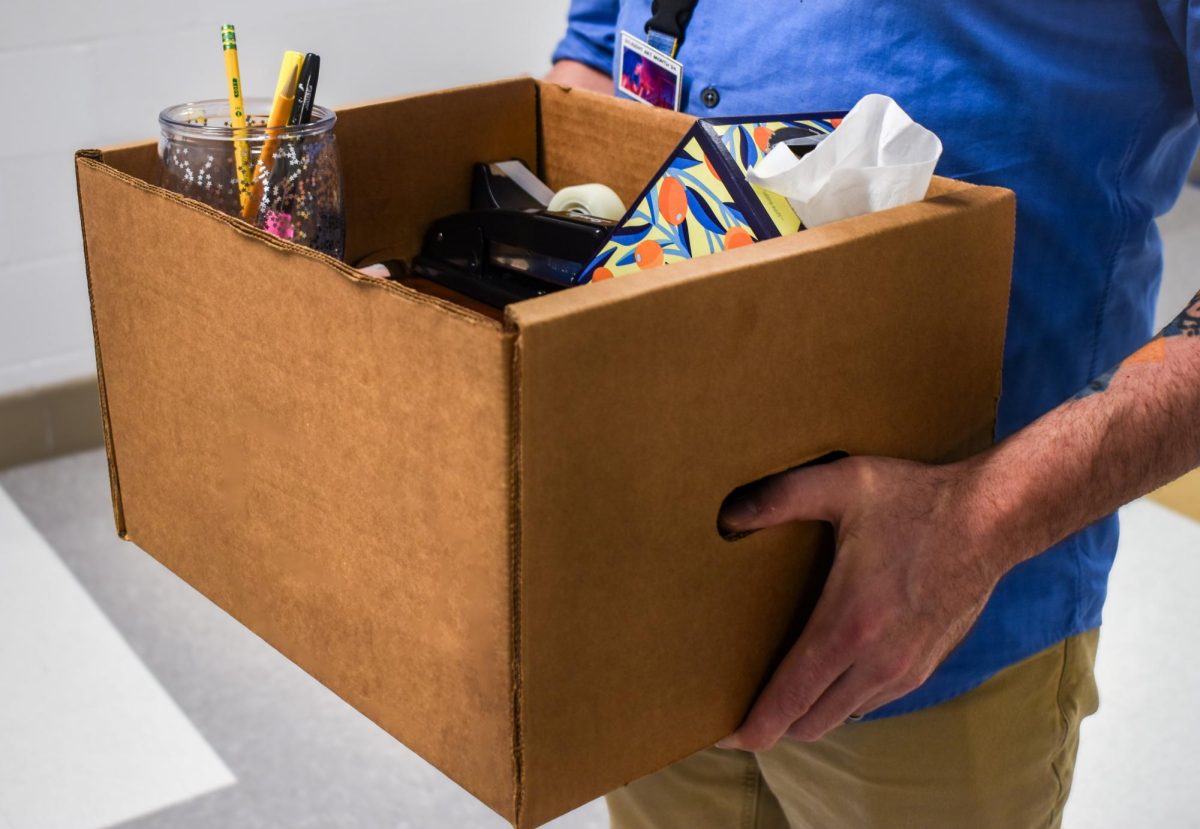
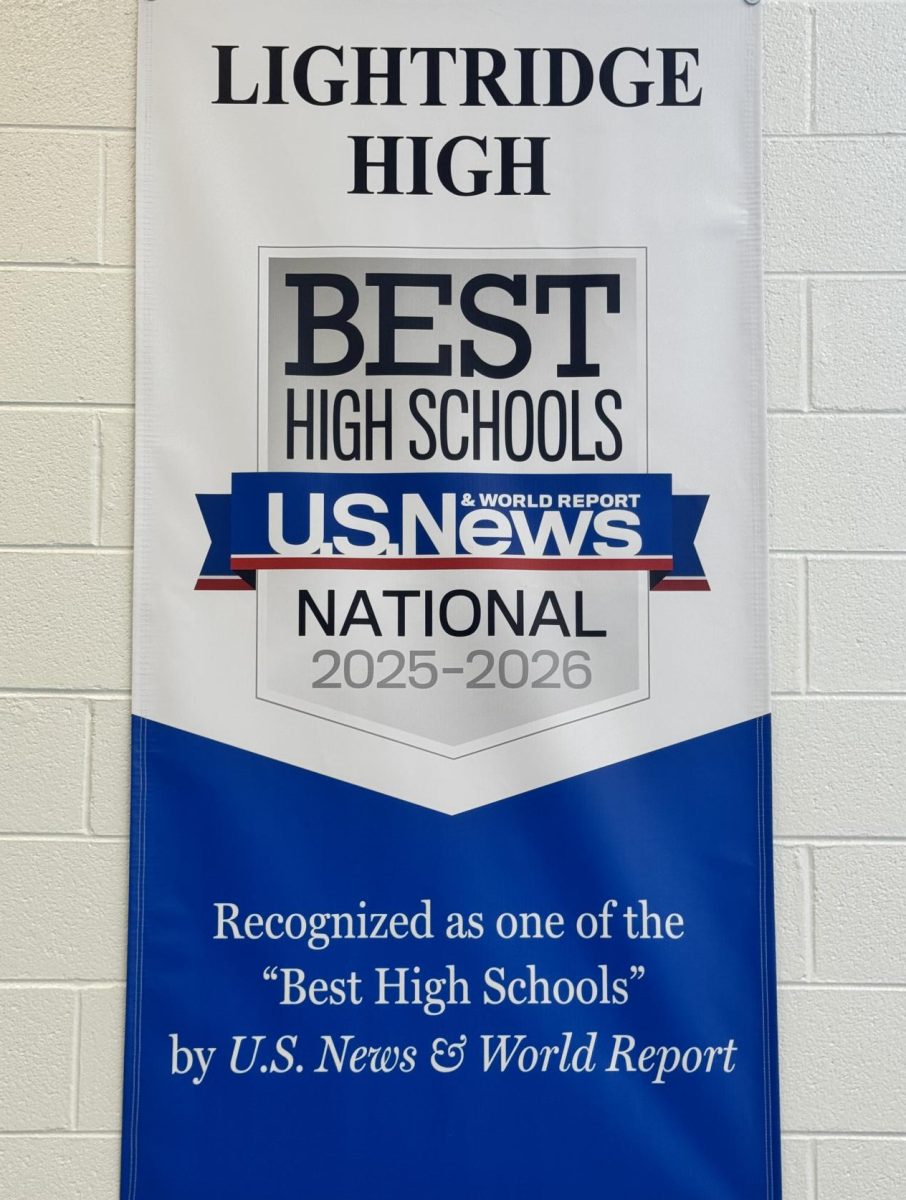
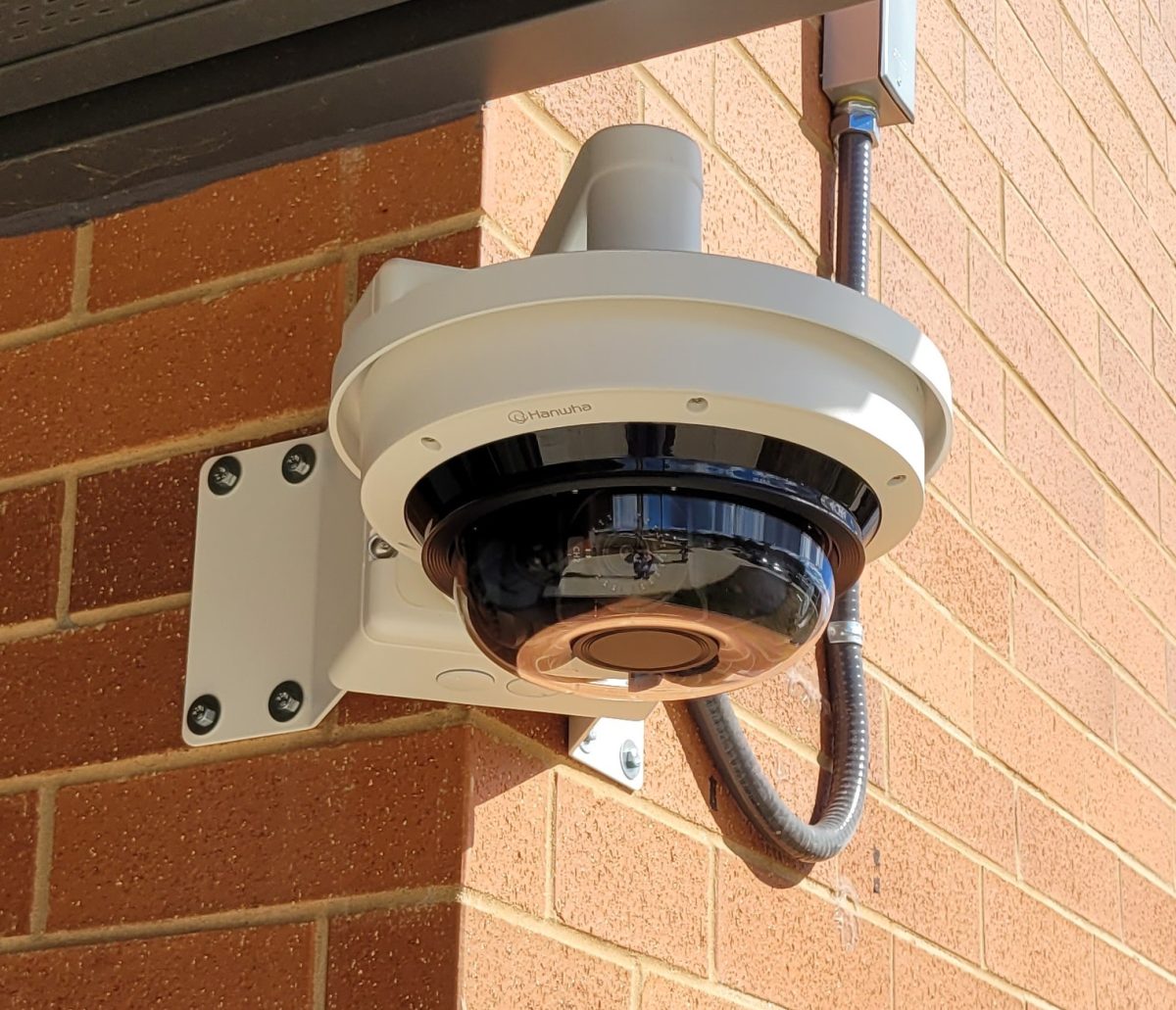

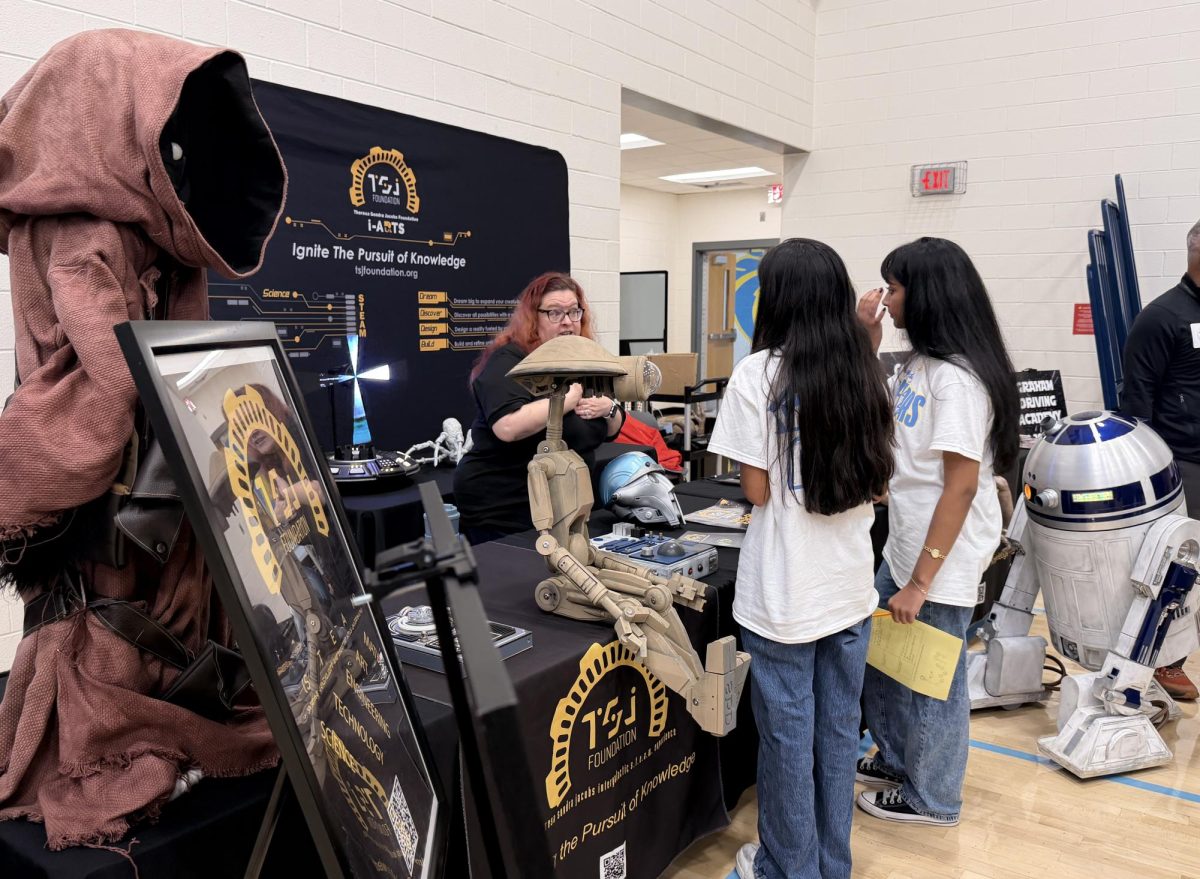
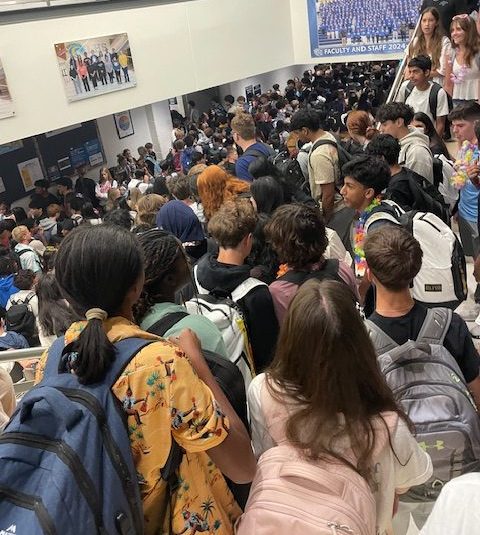
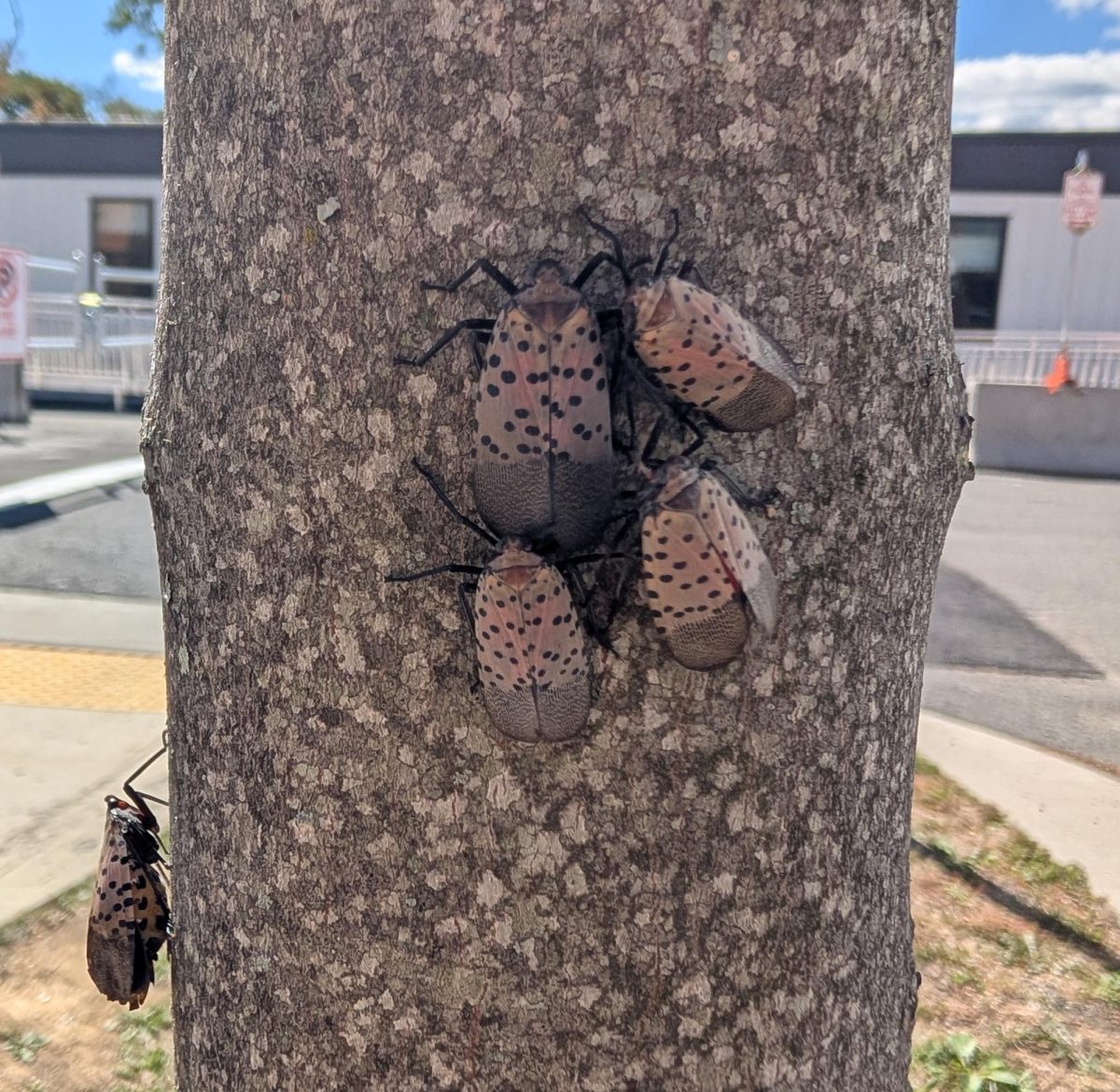
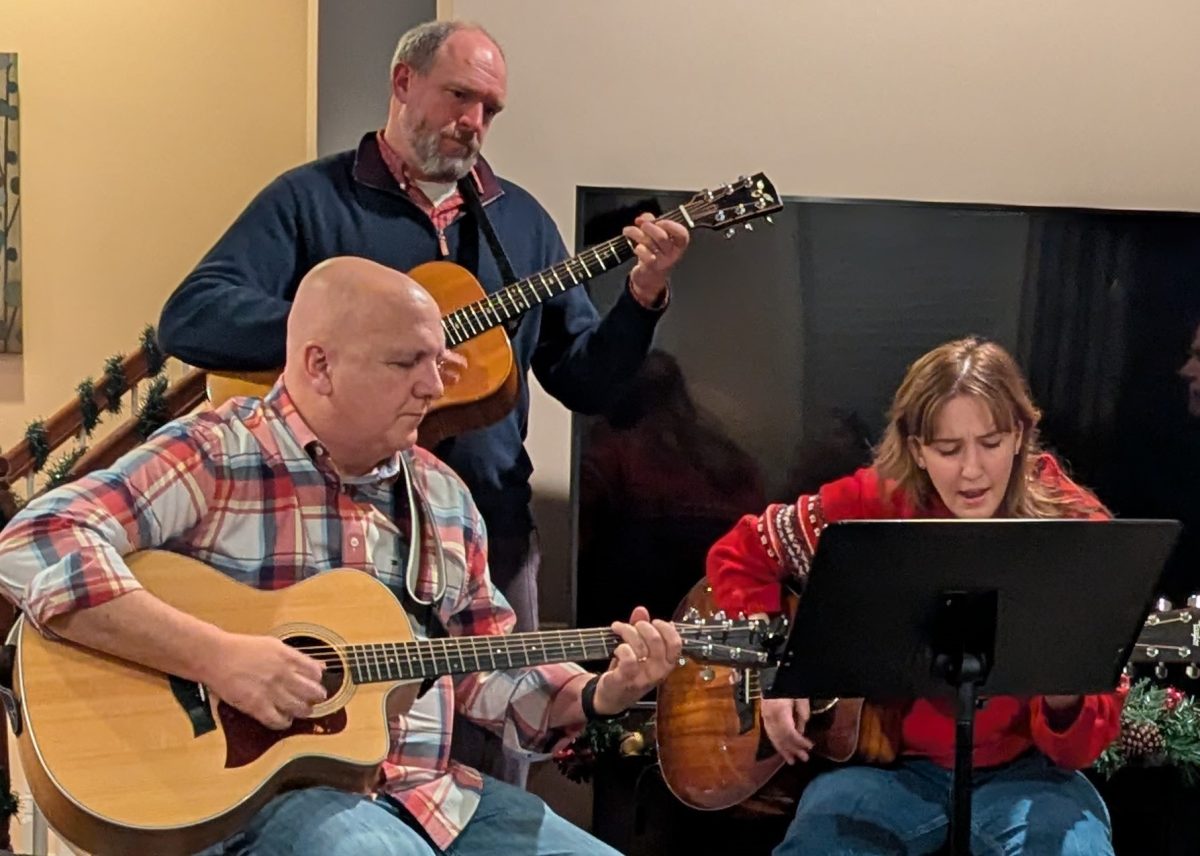
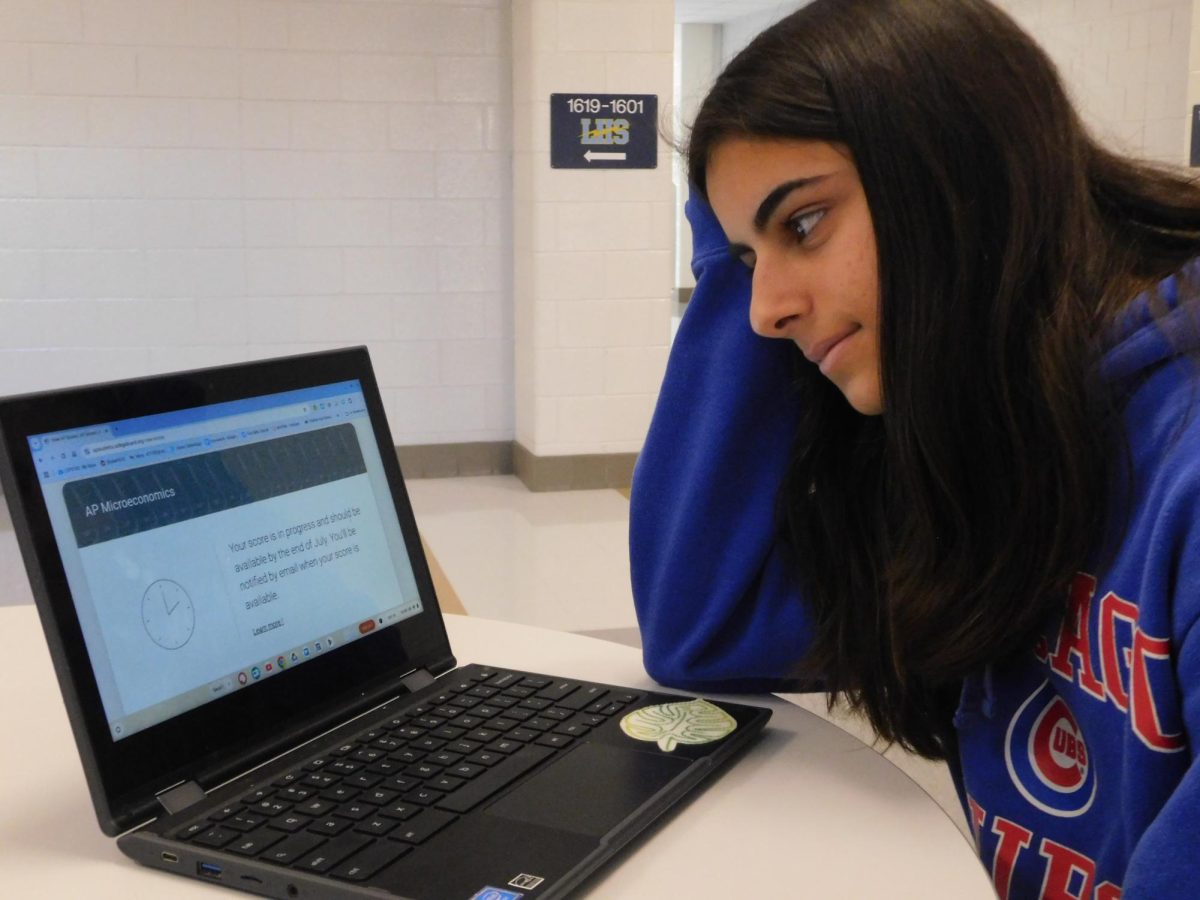






Swetha Vasa • Apr 17, 2024 at 11:00 am
this is sooooo amazing it was accccccc life changing pls never stop writing u go gworl